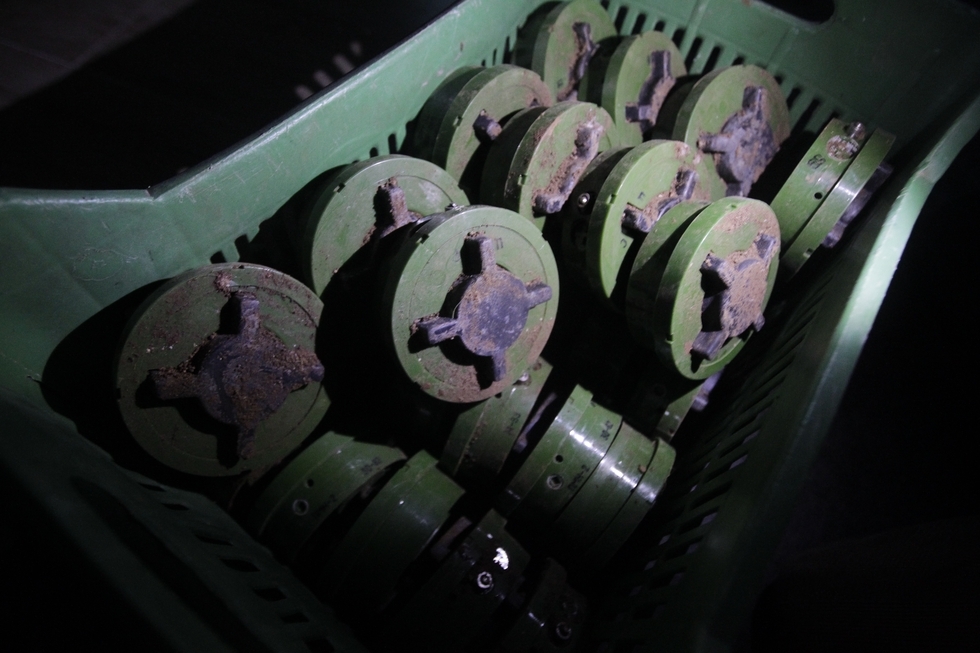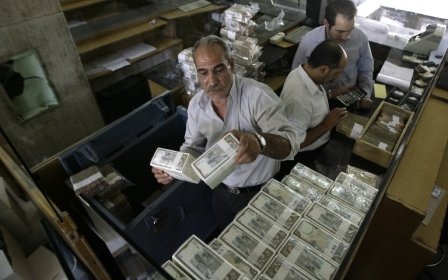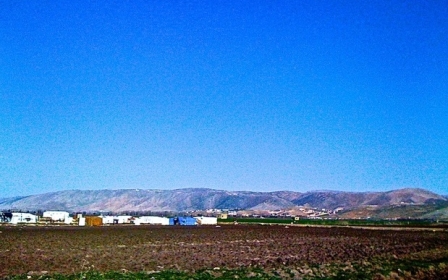Lebanon seeks more US aid to clear landmines

Lebanon asked the United States on Monday for more aid in eliminating landmines planted during the Lebanese civil war and in later conflicts.
Also on Monday, the State Department published its yearly report on its programme to destroy abandoned conventional weapons.
It is a $2.5bn programme dating back to 1993, and allotted around $140mn last year.
The US said that makes it the world's top country in terms of eliminating unexploded ordnance like anti-personnel landmines.
Speaking as the report was released, Lebanese Ambassador Antoine Chedid warned against "donor fatigue" in making land in formerly war-torn countries such as Lebanon safe to walk, farm or build on.
"This is very important, that the US will continue and even increase the level of assistance and it's absolutely very important also that the US puts pressure on other donors, international donors," Chedid said in a news conference.
"The reality is that Lebanon is contaminated with landmines," he added. This danger stems from the Lebanese civil war of 1975-1991 and fighting between Israel and Hezbollah in 2006 in south Lebanon.
In 2013, Syria was also accused of placing landmines along its border with Lebanon.
The State Department says Washington has spent more than $55mn on clearing landmines and other ordnance in Lebanon from 1998 to 2014. Last year, the amount spent was $2.5mn.
"We have turned one-time battlegrounds into land for vital infrastructure. We have cleared mine fields so that farmers can get back to their fields and children can walk to school safely in Angola, Vietnam, Sri Lanka and many other countries," said Rose Gottemoeller, Under Secretary of State for Arms Control and International Security.
James Bond actor Daniel Craig, who is currently the UN global advocate for the elimination of mines and other explosive hazards, published an op-ed about the issue of landmines in The Guardian last Wednesday.
"You and I are fortunate that we do not have to worry about landmines when our loved ones walk down a street," Craig wrote. "I could not comprehend the restriction of liberty and the emotional burden this fear creates. But it is a real and present danger to many people around the world, across continents."
In September, the EU allocated 15mn euros ($17mn) to be used clearing landmines in Lebanon and supporting Palestinian refugees living in poverty in the country, according to Lebanese media.
US Secretary of State John Kerry said in December of last year that the world would soon be rid of anti-personnel mines.
The Ottawa Convention of 1997, so far signed by 162 countries but not the United States, bans the use, stockpiling, production and transfer of anti-personnel mines.
New MEE newsletter: Jerusalem Dispatch
Sign up to get the latest insights and analysis on Israel-Palestine, alongside Turkey Unpacked and other MEE newsletters
Middle East Eye delivers independent and unrivalled coverage and analysis of the Middle East, North Africa and beyond. To learn more about republishing this content and the associated fees, please fill out this form. More about MEE can be found here.




